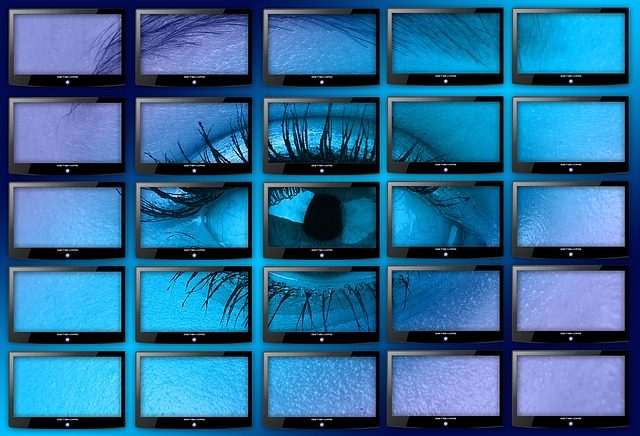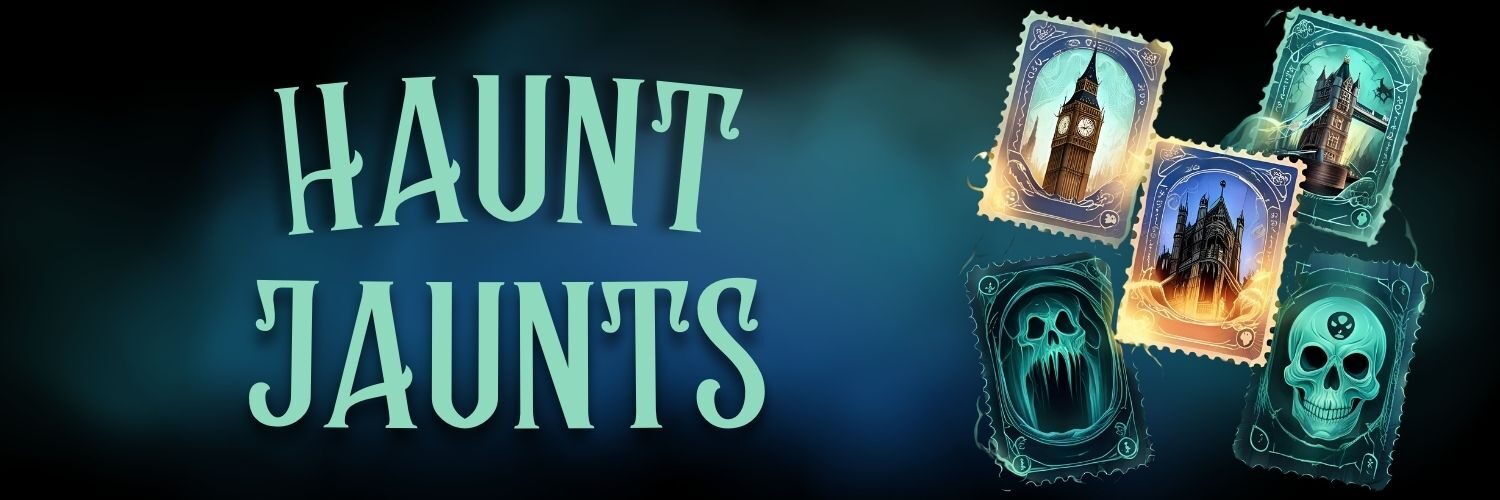
Arthur C Clarke said any advanced technology is indistinguishable from magic, and when you consider some of the terms used – viruses, hackers etc, then you can see the potential for new avenues for horror. If science fiction is, at its best, about hieroglyphic ideas meant to inspire engineers and scientists into big projects and ideas then horror, at its best, explores primal urges and emotions. Sometimes it borrows some concepts from science fiction to make its points but underneath, horror, like any artform talks about being human, even if it uses metaphor and spectacle to entertain in order to achieve its aim.
There has been a recent trend towards surveillance and social media themed horror in movies –
Unfriended, which touches on cyber-bullying and the inevitable cosmic EC comic revenge, all of which are captured on the phones and laptops of the victims, was a surprising, robust story. The limitations of filming on a potato work in favour, as a less than stellar SFX budget can throw up some unfavourable comparisons to higher budgeted films.
It also taps into the inherent dissonances of being human in a digital age. To say our lives on social media are not real is a touch dismissive and reductionist, but it still has a touch of remove to it. Our dopamine centres are stimulated by peer approval, never mind it is as simple as a click. But it is real and serves well as a funhouse mirror of who we want to be versus who we are. That gap in perception is fertile ground for good horror material. Unfriended was a pleasant surprise, effective and unsettling.
The Paranormal Activity series was conducted wholly through home surveillance. Again, this is where a technical limitation is weaponized to disturb and confound the viewer. We all know what CCTV footage looks like, and the poor quality of sound and picture makes the viewer comfortable, and therefore prone to the jump scares which took the series of films to massive box office success.
This subgenre crosses international borders as well. Ringu and Pulse are two fantastic examples, although the former, with the method of transmission being a VHS cassette, has dated in an amusing away, they still touch on something akin to Lovecraft, vast unknowable forces which destroy people without a concern for justice beyond a blind, vast appetite.
Tetsubo and its sequel Body Hammer, touch on body modification which is a subculture, which too, is reflected and amplified in the modern world. Take five minutes on the Extreme section of BMEzine and then you’ll see why body horror pales when compared to what people will do to themselves voluntarily.
If we are mentioning body horror, then we have to acknowledge David Cronenberg, in particular Videodrome which shows the influence of television and ramps it up to a fever pitch. He did it, with less success but more craft in Existenz but he has been able to touch on universal fears and primal psychologies and spot weld them to technological trends and innovations.
Of course, we can go all the way back to Mary Shelley’s Frankenstein, which touches on science and technology and a seeming innate defiance to the laws of nature. What happens, and this is appropriate to the moral arguments made in a lot of horror, is that there are consequences for said defiance.
Even something as niche a subject as semiotics has been used in horror. The film Pontypool has a mind-altering virus transmitted through language as a radio host listens to the world falling apart around him. Where our understanding and application of a technological trend or application increases, so does our desire to explore through art, what it means to us and how we feel about it.
There are missteps, where a commercial need to exploit a trend creates a movie which doesn’t horrify or provoke thought. Virtual reality lends itself well to science fiction over horror, and although it was loosely adapted from a short story by Stephen King, The Lawnmower Man is a sanitised, poorly aged take on Frankenstein and Flowers For Algernon. Brett Leonard took the same idea, threw in Denzel Washington and Russell Crowe forwards and made Virtuosity, which adds action movie spectacle but not much else.
In literature, a recent example would be The Dark Net by Benjamin Percy, which takes the language of virii, daemons and makes them literal, bringing together a disparate, tech-themed group to fight an ancient demon incarnated on the internet. It works well, bringing together some cogent, insightful research and a great story into an engaging whole.
Television has explored this area as well. Black Mirror has horror and dystopian elements embedded within it. Metalhead, with Maxine Peake, is an intense horror short about a canine drone pursuing a group of opportunist thieves who activate it by accident. Man On Fire deals with virtual reality and propaganda, as well as touching on politics in a military context. The best episodes are raw and unsettling, as featured on Hated By The Nation, which deals with online behaviour and the apparent lack of consequences in a climax as logical and horrifying as anything you’re likely to see on the screen.
Of course, regardless of politics, social media throws up the worst of human behaviour as news items and as we see new trends and applications become part of culture, artists and entertainers will continue to explore the meanings and outcomes in order to provide us all with entertainment and thoughts to consider as we hurtle forwards, into the dark of the future.
What is an essential ingredient, is how the human element interacts with, and is altered by the technological element. The greatest horror does this in a subversive way, bypassing the rational and going straight to the limbic layers of the brain, where tweets are threats and status updates are dire warnings.
Welcome to the future. Press F to pay respects to your sanity.
